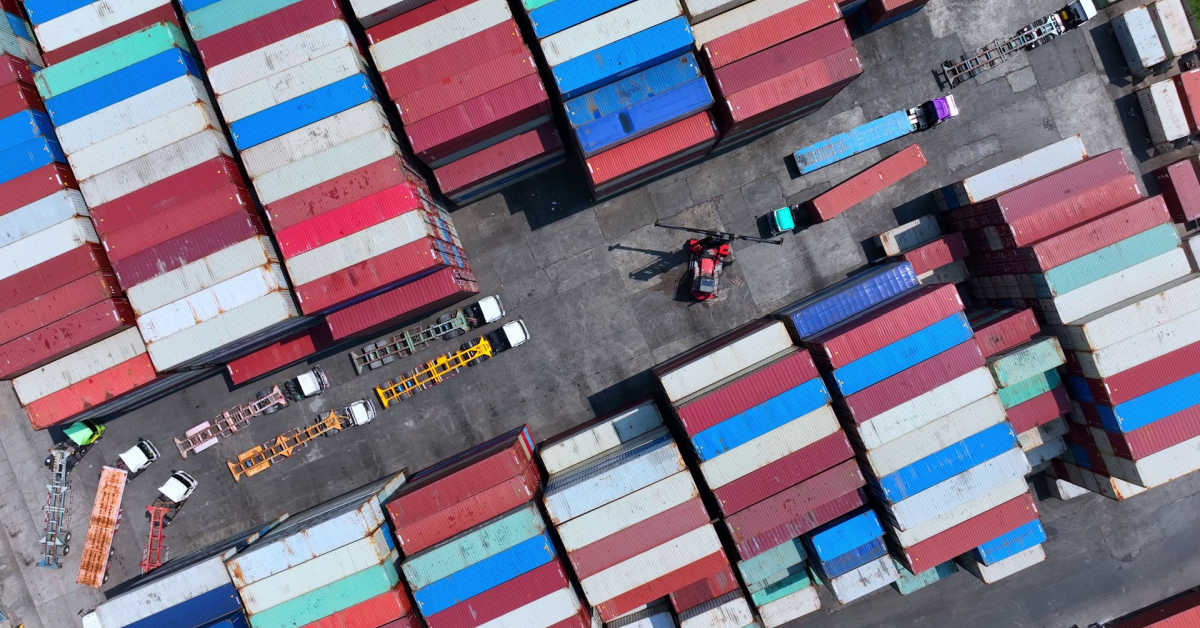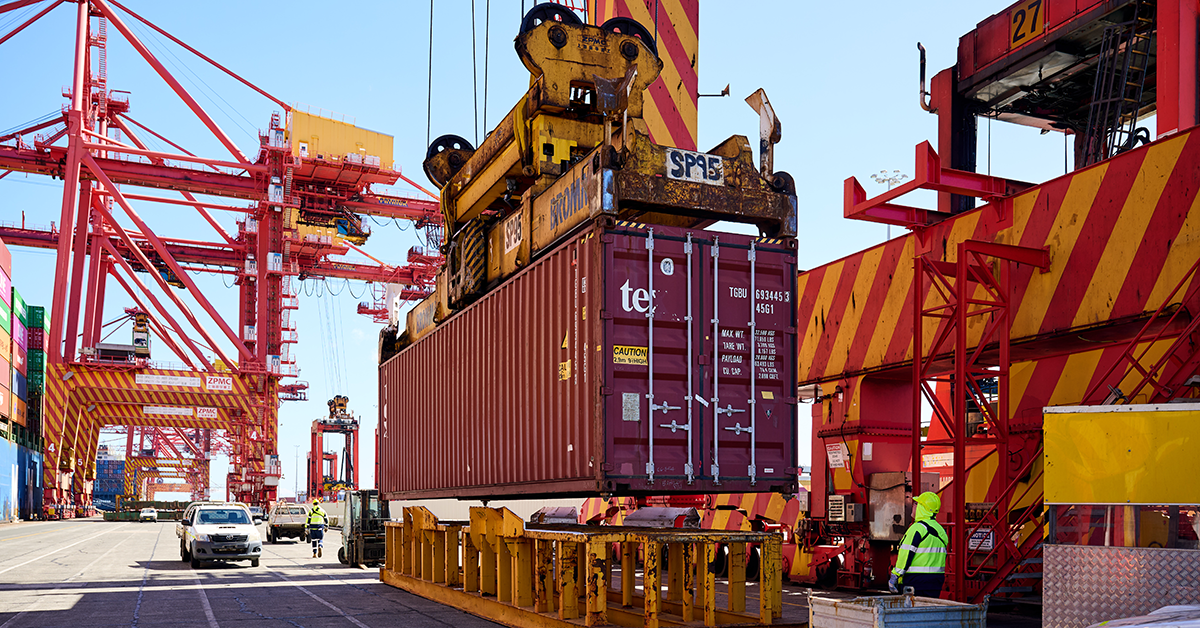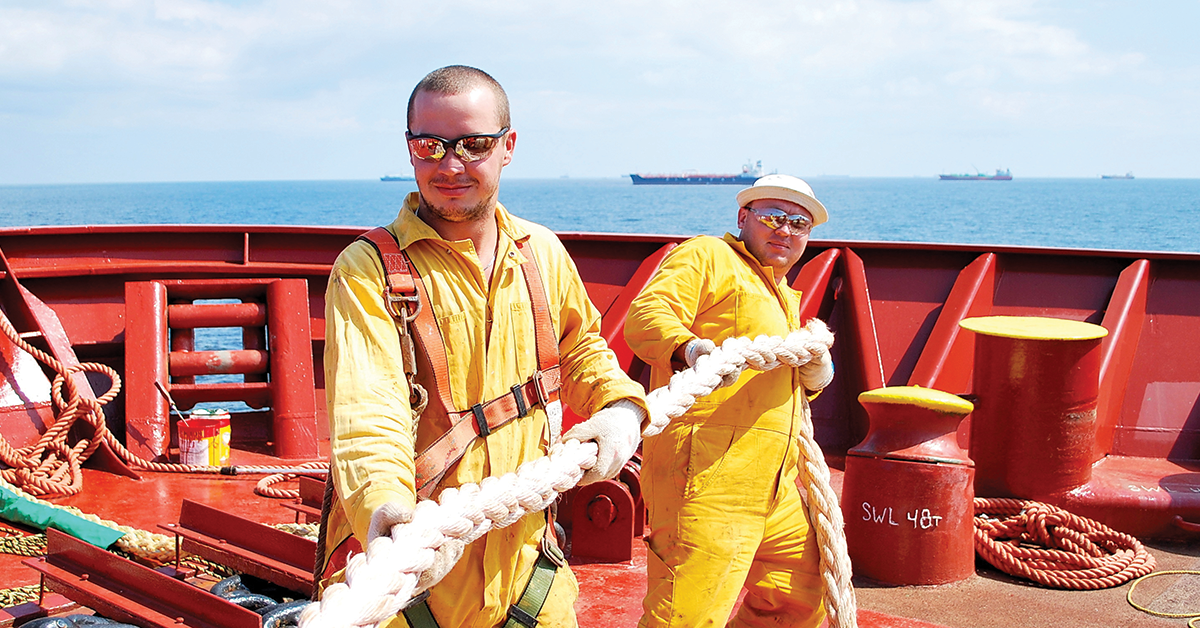News
12 Dec, 2025
INDUSTRY bodies say their people are paying the price for higher stevedore profits. As reported in...
12 Dec, 2025
ANL-Sofrana has been forced to abandon the first planned voyage of Scion Mafalda in the WestPac...
12 Dec, 2025
THE MARITIME Union of Australia (MUA) has confirmed a memorandum of agreement with the Maritime...
12 Dec, 2025
THE ACCC is now confident it has assembled a body of work via its Container Stevedoring Monitoring...
12 Dec, 2025
UK STARTUP GT Wings has secured significant funding from Grieg Kapital and other major investors to...
12 Dec, 2025
LOCAL and social media reported “chaos” at TT Line’s Geelong terminal yesterday afternoon when...
12 Dec, 2025
DREWRY'S World Container Index (WCI) rose 2% to $1,957 per 40ft container, marking the second...
12 Dec, 2025
TWO infrastructure investors have emerged as the leading bidders for Bass Strait and Tasmanian...
11 Dec, 2025
AUSTRALIA's competition watchdog has called for “targeted reform” of the waterfront, reporting the...
Subscribe to our free daily newswire service.
Get all the latest maritime logistics news and information straight to your inbox.
Features
17 Nov, 2025
A look at what is happening at our ports, both with cyber technology and hard machinery. CHANGE is...
27 Oct, 2025
With Australia’s population still growing, the roll on/roll off shipping sector is expanding to...
12 Oct, 2025
With the focus of global economic power shifting increasingly to the Asia-Pacific, opportunities...
29 Sep, 2025
Whether it is cases of foot and mouth disease in livestock or brown marmorated stink bug,...
The Beacon
2 Dec, 2025
WHEN the 6000 future residents of Hamburg’s Grasbrook residential development look out of their...
23 Oct, 2025
WAITING at Sydney Airport for a Monday morning flight to Canberra, Peter Sturrock picked up a copy...
13 Oct, 2025
THE BEACON is DCN’s new series of articles that take a closer look at key topics and themes for...
Industry Opinions & Insights
10 Dec, 2025
AS THE global economy enters peak trade season, minimising supply chain disruptions has never been...
9 Dec, 2025
RECENT weeks in global shipping has delivered a rare moment of stability, but it is a stability...
4 Dec, 2025
SUPPLY chain teams are facing one of the most unpredictable periods in recent years. Trade flows...
3 Dec, 2025
THE EVOLUTION of cargo theft has been dramatic, particularly in the last few years, owing to the...
Partner News
5 Nov, 2025
OFFSHORE & Specialist Ships Australia (OSSA) is seeking support for its Scholarship Fund, a new...
Harness the power of maritime logistics data to move your business forward.
Whether you're navigating global trade challenges or seeking opportunities in supply chain management, our maritime logistics data will empower you to move your business forward with confidence.
.jpg)


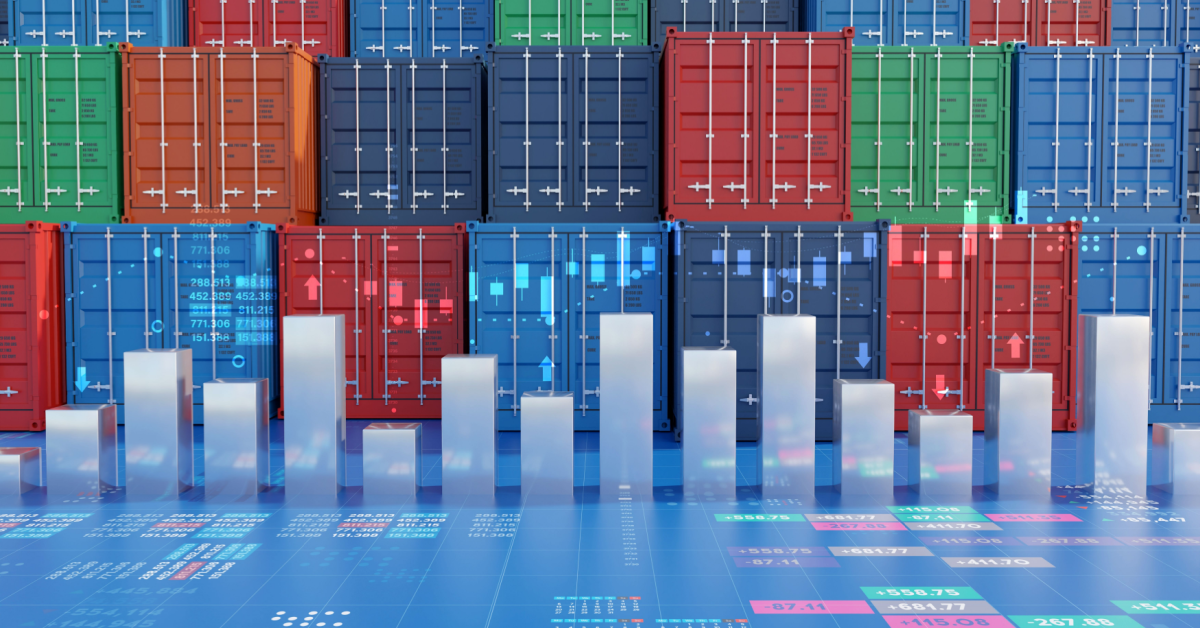
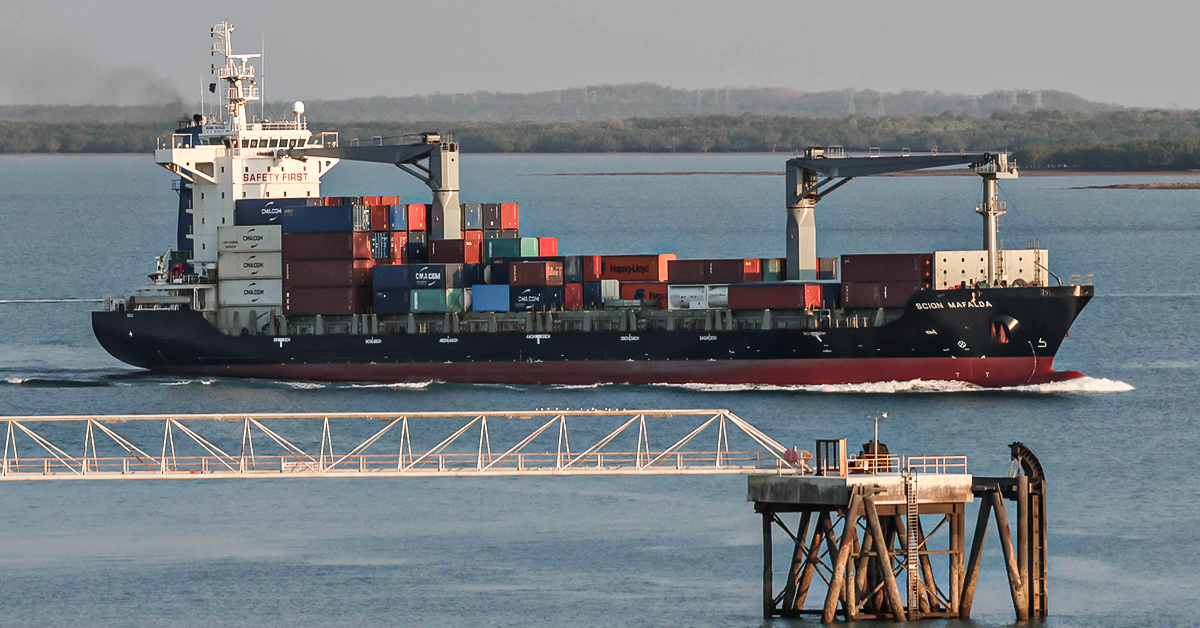
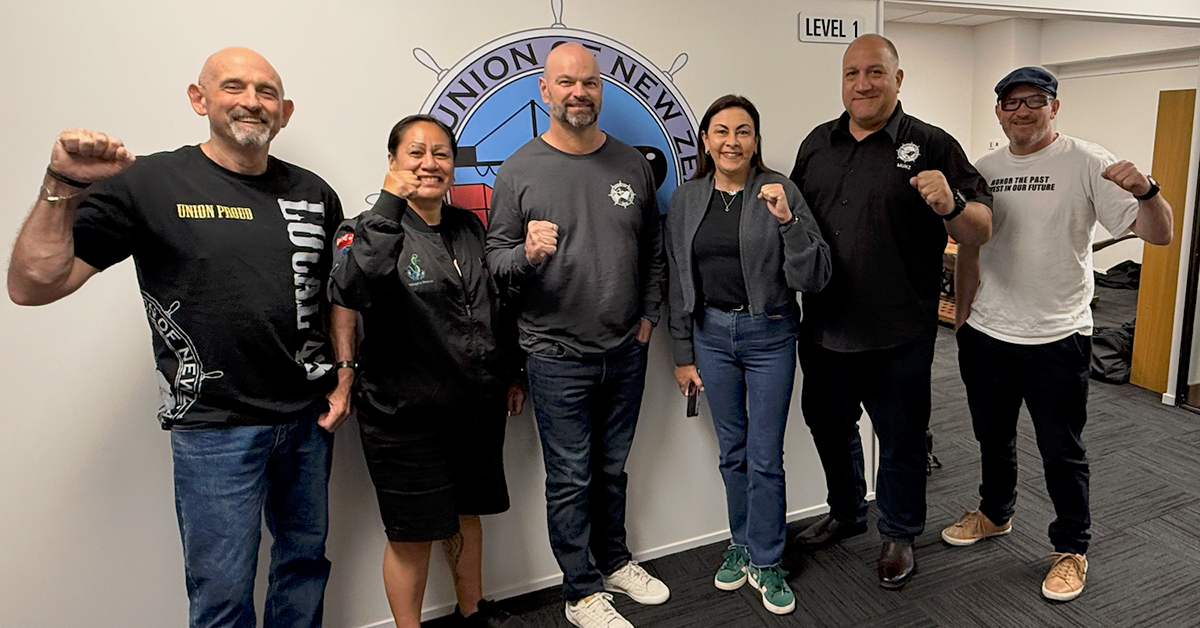
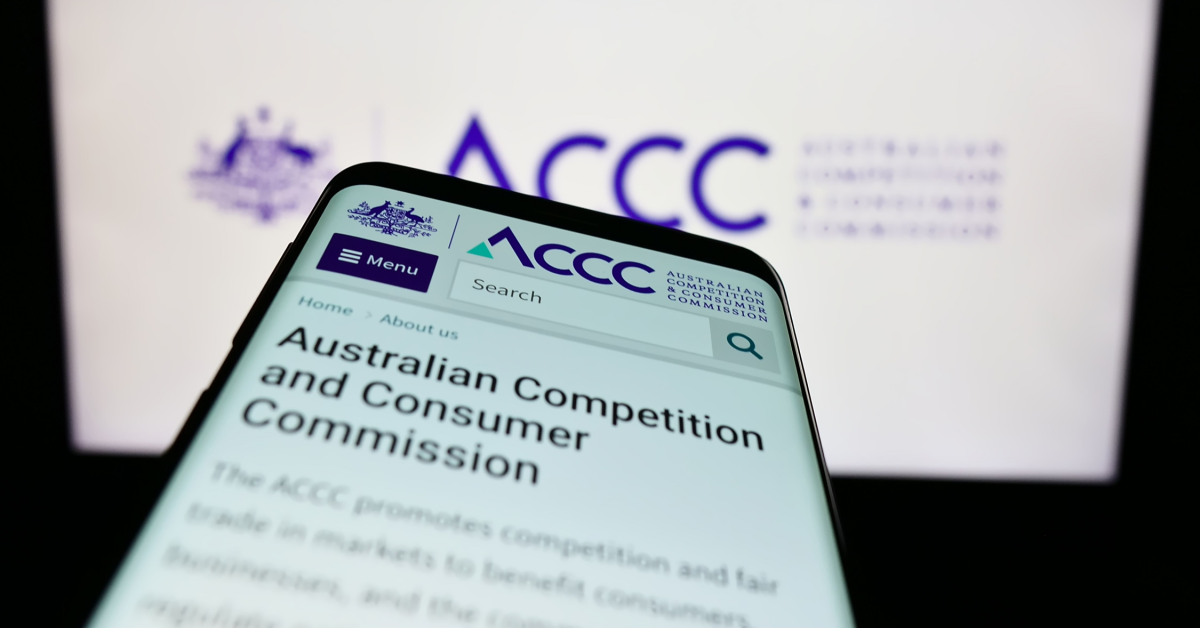
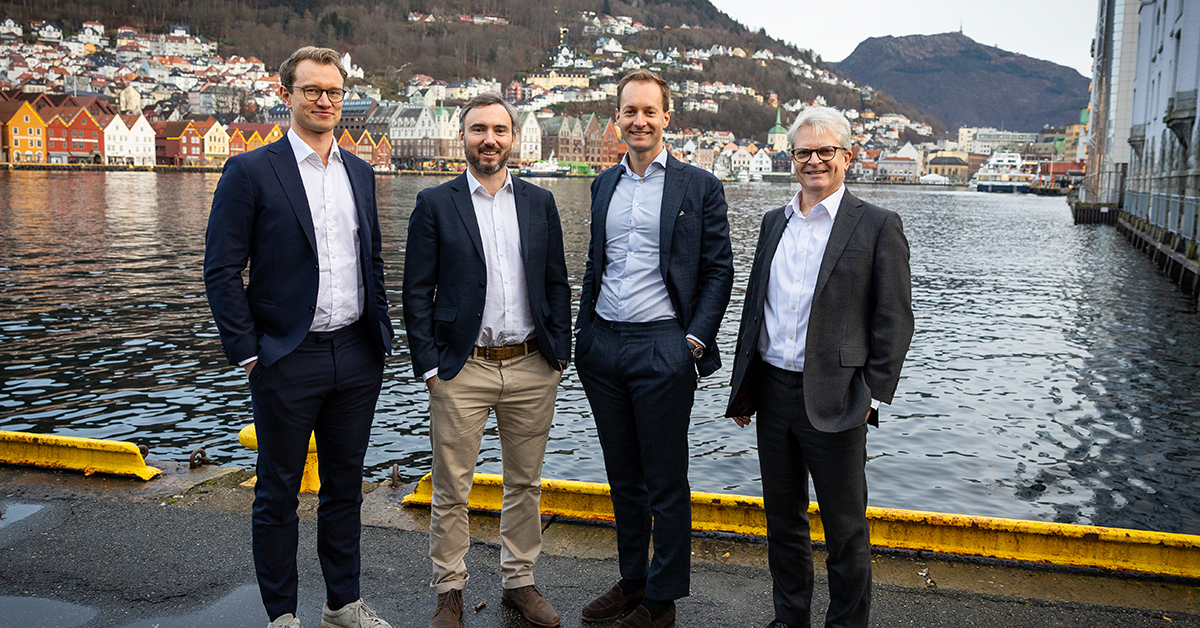
%20TT%20Line%20@Devonport111216=16pkf9639s=Dale%20E%20Crisp.png)

%20Strait%20Link%20@Melbourne119102024=24pkt1289s=Dale%20E%20Crisp.png)
